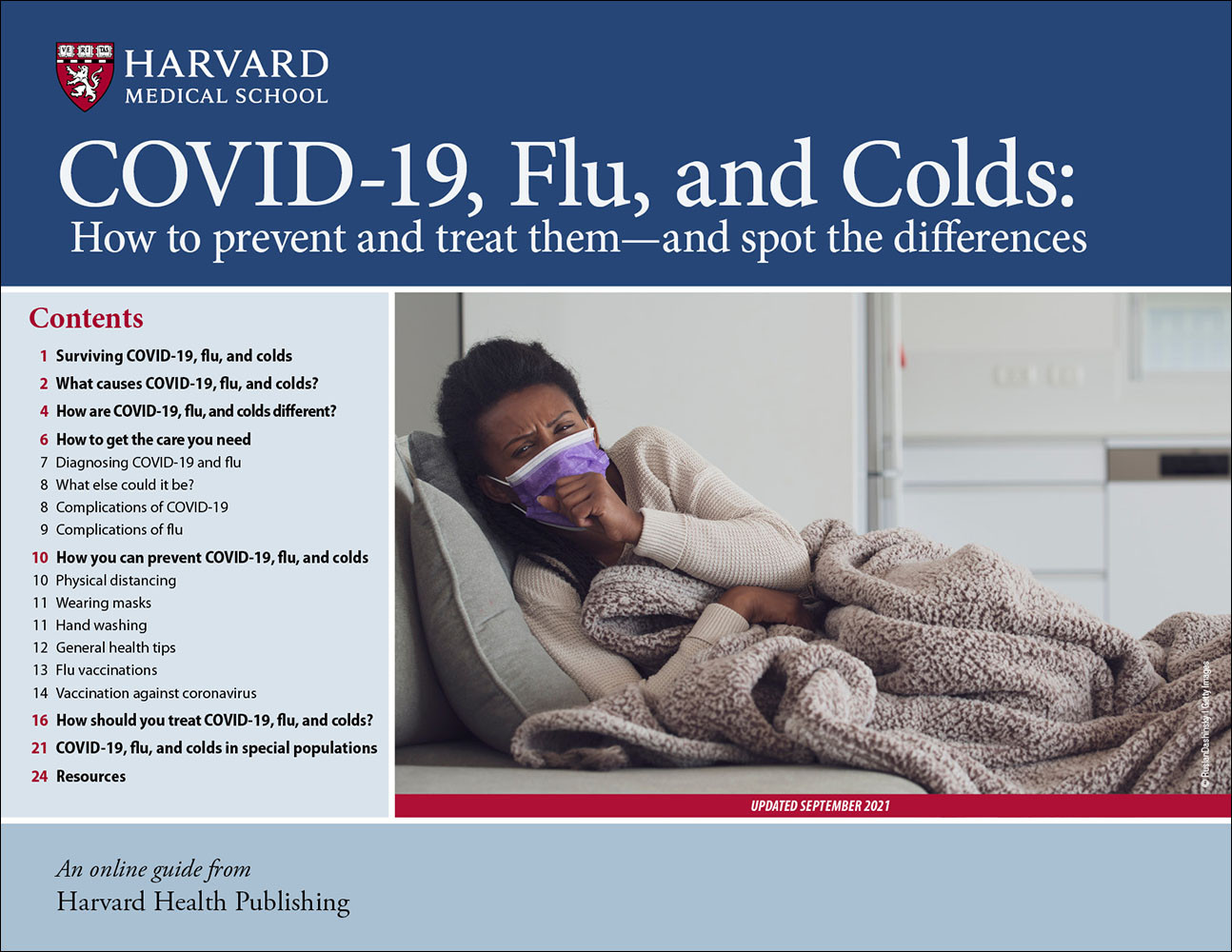COVID-19 diagnosis raises risk of heart attack, stroke
Research we're watching
In one of the largest studies of its kind to date, researchers found strong evidence that heart attack and stroke risk rises sharply in the weeks following a COVID-19 diagnosis. The findings were published Aug. 14, 2021, in The Lancet.
The study included every person in Sweden diagnosed with COVID-19 from Feb. 1, 2020, to Sept. 14, 2020 — a total of nearly 87,000 people. Their median age was 48, and 57% were women. Researchers compared them with more than 348,000 Swedish people of similar age and sex who did not have the virus.
In the week after a COVID-19 diagnosis, the risk of a first heart attack increased by three to eight times. The risk of a first stroke caused by a blood clot multiplied by three to six times. In the following weeks, both risks decreased steadily but stayed elevated for at least a month.
Other bacterial and viral infections (such as influenza) are known to temporarily boost rates of heart attacks and strokes. But COVID-19 infections appear to be especially risky, perhaps because they trigger an exaggerated inflammatory response that makes blood clots more likely.
Image: Drazen Zigic/Getty Images
About the Author

Julie Corliss, Executive Editor, Harvard Heart Letter
Disclaimer:
As a service to our readers, Harvard Health Publishing provides access to our library of archived content. Please note the date of last review or update on all articles.
No content on this site, regardless of date, should ever be used as a substitute for direct medical advice from your doctor or other qualified clinician.

















